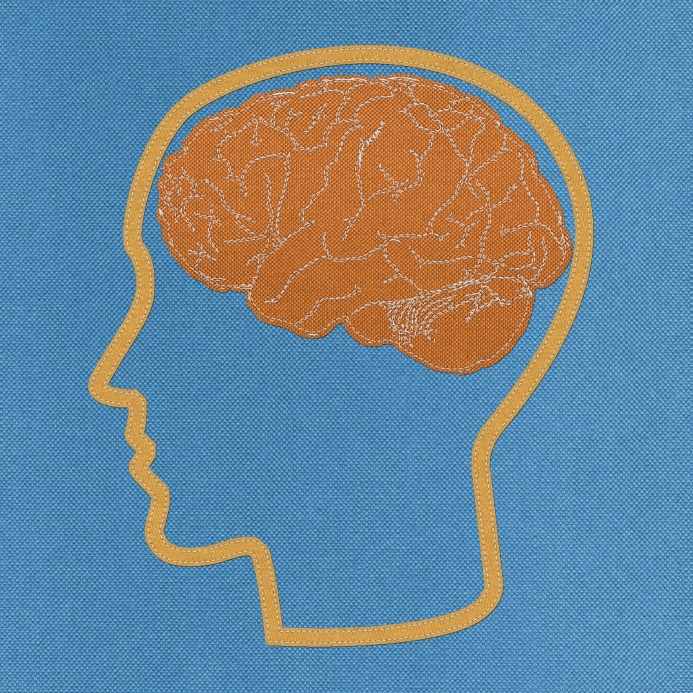
I am sometimes asked by leaders what they can do to become less reactive, and to remember to practice the things they are working towards improving.
For example, an executive at a pharmaceutical company recently complained that she felt like she knew what to do but that in the heat of the moment, when interacting with someone or in a meeting she just didn’t remember to do it. The automatic impulses would take over.
One powerful approach to remembering to practice the things you intend to work on is through mindfulness. Simply put, mindfulness is a practice that focuses on training your mind to pay close attention to what’s happening right now.
Jon Kabat-Zinn, a well-known proponent, author and teacher on mindfulness defines it in this way: “Mindfulness means paying attention in a particular way; on purpose, in the present moment, and nonjudgmentally.”
Think of mindfulness like this: when you’re driving your car, your focus is on driving your car. You’re aware that you’re driving your car. You’re aware of the images that you see, the trees that you’re driving by. You’re aware of the feeling of sitting in the driver’s seat and the texture of the steering wheel. You hear the sound of your heater, you can perceive the feel of the road, you’re aware through all of your senses. At the same time, you might be feeling happy, or anxious or frustrated—so you are conscious of that. And, as thoughts arise in your mind, you observe them in a nonjudgmental way. It’s not that you track all these things equally at once, but rather you pay close attention to whatever is in the foreground or is the “loudest” part of your experience in a given moment. You can also choose a specific focus that you find helpful, like “mindfulness of the body” or “mindfulness of emotion”.
Essentially, through mindfulness you take yourself as far as possible out of thoughts of the future and the past and fully experience the present moment with all of its color and texture. For more on mindfulness, I suggest looking here: greatergood.berkeley.edu/topic/mindfulness/definition.
Mindfulness has been extensively studied in recent years and has been shown to have a host of benefits, including improved physical and mental health, and positive effects on memory, attention and relationships. For our purposes here, it’s important to understand that mindfulness trains and develops the prefrontal cortex of the brain—that is, the part of the brain that allows you to be more aware, and make more conscious choices from moment to moment.
The more developed your prefrontal cortex, the more choice you have in how you respond to a stressful situation so that, for example, if your goal is to stop interrupting people, you will see yourself about to do it and have more control to stop yourself. The prefrontal cortex is a crucial part of the brain for leadership because it’s also tied to things like working towards a defined goal, predicting outcomes, and creating responses to complex problems. For more about brain function and leadership I highly recommend Your Brain at Work by David Rock, and Social Intelligence by Daniel Goleman.